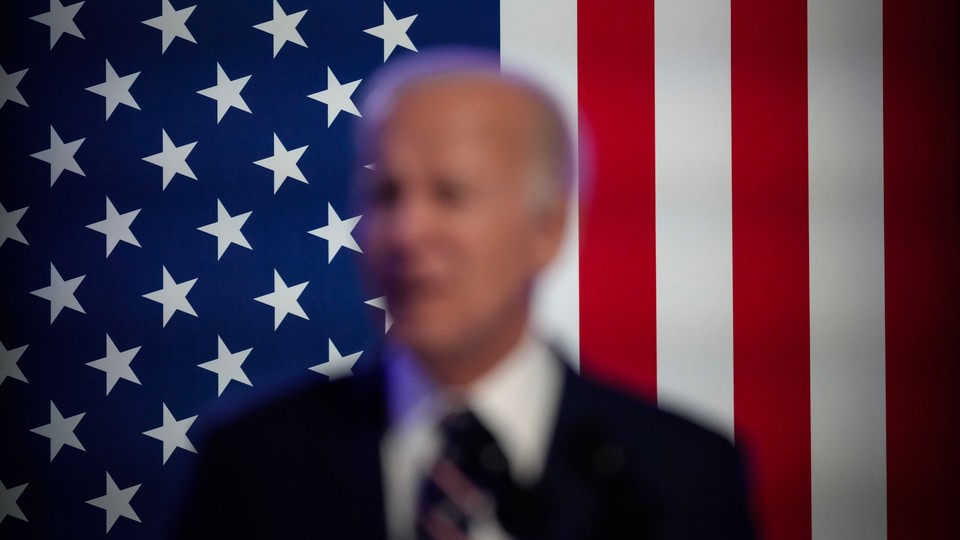What Is the Biden Campaign’s Theory of Victory Now?
3 min read
The Biden campaign’s theory of the presidential race before the June 27 debate may not have been bulletproof, but it was plausible. Now it’s not clear what the theory is at all.
President Joe Biden had been trailing former President Donald Trump for months, but by the eve of the debate, he had narrowed that gap. Several recent national polls showed him even or slightly ahead (though within the margin of error). The forecasting site 538 actually gave Biden a very slight edge in probability of victory.
The Biden team hoped the debate would decisively shift the momentum toward him. The president’s campaign had maneuvered to have the first general-election debate in late June, far earlier than normal. Biden’s allies contended that once voters were confronted with the spectacle of Trump, they would remember all the reasons that they had twice rejected him in the popular vote and punished his party in midterm elections where he was the central figure. And they believed that Biden could quiet concerns about his age and acuity with a commanding performance, as he had done with the March State of the Union. That’s not what happened.
Now the Biden team is in a defensive crouch—trying to fend off the media, donors, Democratic elected officials, and ultimately voters in an effort to buy time to salvage Biden’s candidacy. The campaign team contends that everyone is overreacting. Allies point to a few polls that have shown only a small drop for Biden post-debate, or they contend that any drop will be transitory. Top campaign strategist Jen O’Malley Dillon “warned Democrats over the weekend that a dip in the polls might be coming because of ‘overblown media narratives’ about Biden’s performance,” The Washington Post reported.
This is not based on nothing. Political scientists have found that debates have historically had little impact on the trajectory of presidential races. The problem is that the Biden campaign’s theory of the race eight days ago was that the debate would drive a drastic change, one that would put the president on top.
For the sake of argument, let’s grant the new premise: Say that within a couple of weeks, the race has returned to the status quo ante. That still puts Biden in a position of trailing Trump nationally, and lagging behind him in key swing states that Biden will need to win to have a chance in November. Even cherry-picking the most favorable polls offers an only slightly rosier view: roughly a coin-flip chance that a man who tried to steal the last election, and whom most Democrats view as a threat to democracy, will go back to the White House in 2025.
In other words, even if the campaign is right and the race remains stable, it’s insufficient for Biden. The president’s hopes seem to rest on his remaining perfect in public appearances from now until November, and on everyone forgetting what they saw last Thursday. Inertia is a powerful force but it’s not a campaign strategy—at least not when you’re already losing.



